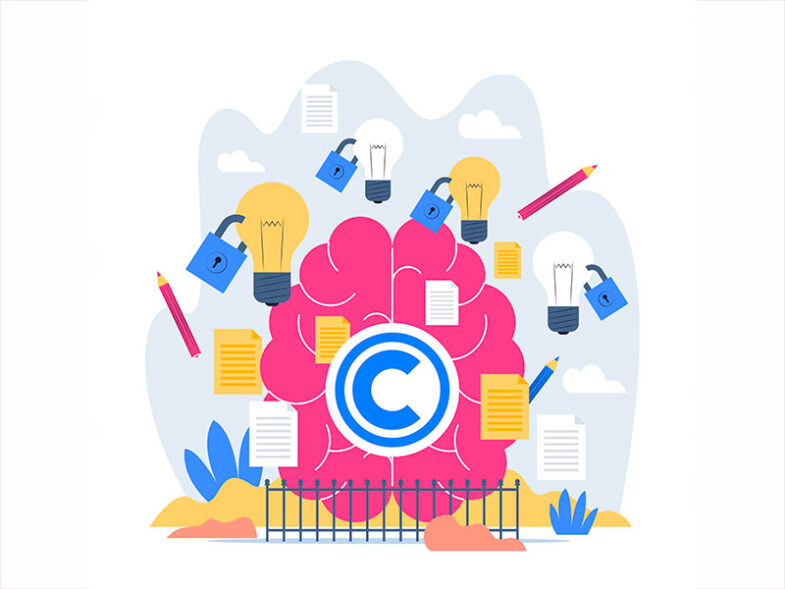Success as a creative entrepreneur hinges not only on talent and innovation but also on building a solid legal foundation. From securing contracts to protecting intellectual property, understanding the legal aspects of your business can ensure long-term stability and growth.
This guide explores key legal considerations for creative businesses, offering actionable insights and introducing tools to streamline the process.
How Contracts Build Stability for Creative Businesses
Contracts form the backbone of any successful creative business, providing clarity, protection, and trust between parties. To establish a strong foundation, here are the key types of contracts every creative business should prioritize:
- Client Agreements: Outline deliverables, timelines, and payment terms to avoid misunderstandings.
- Vendor Contracts: Define terms with suppliers to ensure smooth operations.
- Employment or Freelance Agreements: Clearly specify roles, responsibilities, and ownership of creative output.
- Non-Disclosure Agreements (NDA): Protect sensitive information and ensure confidentiality.
- License Agreements: Set terms for the usage, distribution, and protection of your creative work.
Platforms for Legal Documents Management
Legal document platforms simplify the process by offering customizable templates and user-friendly interfaces, ensuring your contracts are accurate and tailored to your needs. These platforms help creatives save time and avoid legal headaches, allowing you to focus on your work while staying protected.
- Lawrina: This platform boasts an extensive library of legal document templates that cover everything for creative businesses. With its unique interview system, users are guided step-by-step through the document creation process, ensuring that all necessary information is included.
- Jurizmo: Specializes in providing industry-specific legal documents with clear, step-by-step guidance, making it easier to create well-crafted agreements — from independent contractor offer letter to joinder agreement. Plus, all of these legal documents are available for free download, ensuring you have access to the tools you need without any extra cost.
- GovLegal Library: This government platform provides a wide range of free legal documents tailored to entrepreneurs, including contracts, tax forms, and other essential legal resources.
With these platforms, you can ensure your contracts are robust, transparent, and ready to support sustainable business relationships.
Protecting Intellectual Property (IP)
In the creative world, your ideas and designs are your most valuable assets. Protecting intellectual property is essential to safeguarding your brand and work.
What Constitutes IP?
- Original designs, artwork, music, and written content.
- Brand elements like logos, taglines, and product names.
Types of IP Protections
- Copyrights
Protect original works like music, books, and artwork.
- Trademarks
Secure your brand identity, including logos and names.
- Patents
Shield unique inventions or designs.
- Trade Secrets
Safeguard proprietary processes or formulas.
Safeguarding your intellectual property is vital for retaining control over your creative work, and these strategies will help you protect your assets effectively.
Registering trademarks early is essential to avoid potential disputes and protect your creative work. Additionally, using watermarks or digital protections can help deter unauthorized use of your intellectual property. It’s essential to keep an eye out for possible infringements and respond quickly to any violations to protect your rights.
When considering international expansion, knowing the cost of obtaining a trademark in relevant regions, such as Canada, becomes crucial. This knowledge helps businesses plan their budget effectively and ensure compliance with local regulations as they enter new markets.
Choosing the Right Business Structure
Options Available
- Sole Proprietorship: Easy to set up but offers no liability protection.
- Partnership: Suitable for businesses with shared ownership.
- LLC: Combines liability protection with tax flexibility.
- Corporation: Ideal for larger enterprises seeking investor funding.
Why It Matters
The structure you select determines how much personal risk you’re exposed to, how you will be taxed, and the legal requirements for your business. Whether you opt for a sole proprietorship, partnership, LLC, or corporation, each choice has distinct advantages and challenges that can influence your long-term success and sustainability. Understanding these differences ensures you’re better positioned to protect your assets, maximize tax benefits, and secure the right kind of investment for growth.
Compliance with Laws and Regulations
Creative entrepreneurs must stay compliant with local, state, and federal regulations to avoid legal issues. This includes obtaining industry-specific licenses and permits, ensuring compliance with employment laws if hiring a team, and understanding and paying applicable taxes.
Key U.S. legal requirements include:
- Licensing and Permits: Specific to your industry and location, such as a business license or sales tax permit.
- Employment Laws: Compliance with federal and state laws regarding employee rights, contracts, and wages.
- Tax Obligations: Understanding and fulfilling federal, state, and local tax requirements, including income tax and sales tax.
Regular legal reviews are crucial to keep up with changing legal requirements. These reviews help you adapt to changing regulations and maintain compliance, ensuring your business runs smoothly and avoids potential legal complications.
Conclusion
Building a sustainable creative business starts with a strong legal foundation. Contracts, intellectual property protections, and compliance are crucial steps in securing your business’s future. Ensuring that your business is built on solid legal ground will not only protect your creative work but also foster trust with clients and collaborators. Consulting with legal professionals when needed can further safeguard your business as it grows and evolves. With the right legal practices in place, your creative venture will be better positioned for long-term success.









